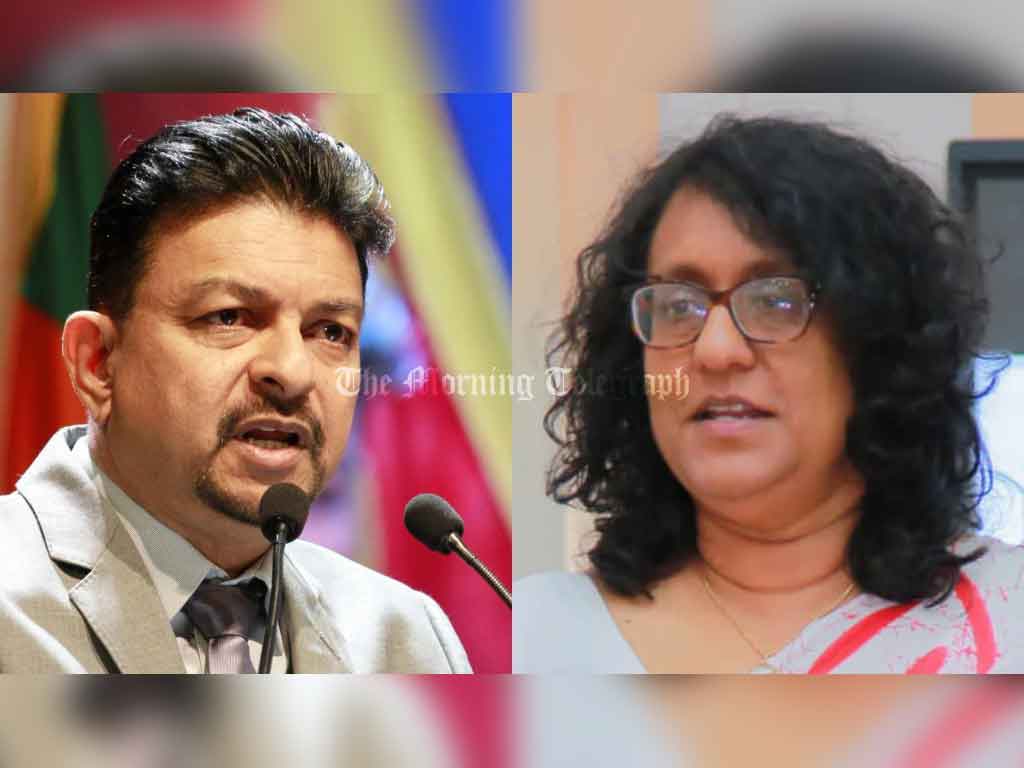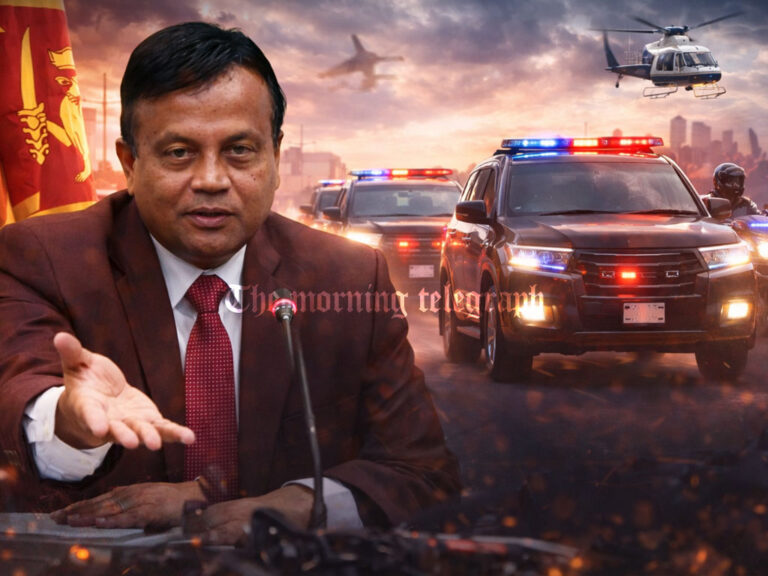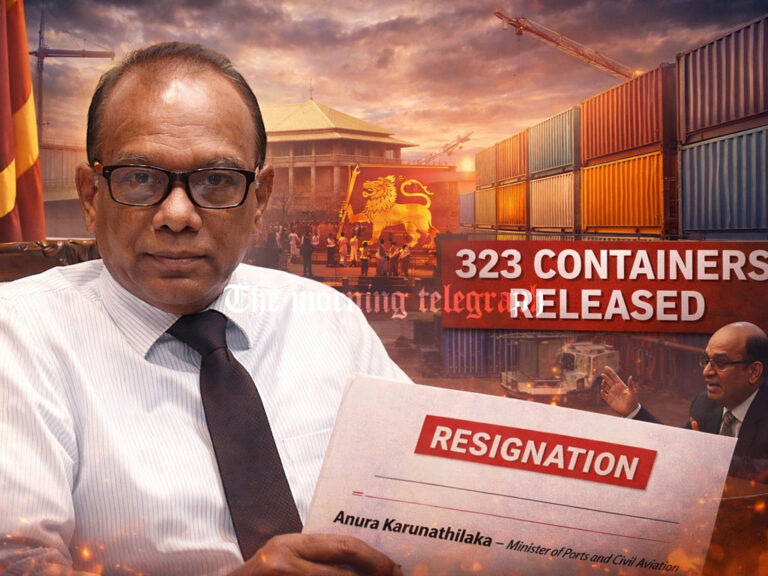
The Ministry of Labour has officially refuted claims of a power struggle or conflict of opinion between Education Minister Harini Amarasuriya and Deputy Minister of Labour Mahinda Jayasinghe. The dispute allegedly centers on a circular issued by the Education Ministry aimed at regulating private tutoring by government school teachers in the Western Province.
The Ministry released a statement clarifying that recent reports circulating on social media suggesting that “Deputy Minister Mahinda has more power than the Prime Minister” are entirely unfounded. The statement further clarified that the actions taken regarding teacher efficiency benchmarks and the prohibition on private tutoring classes were both executed without the prior knowledge or approval of Prime Minister Harini Amarasuriya.
According to the Ministry, the circular concerning teacher efficiency modules was issued by an Additional Secretary at the Ministry of Education, without consulting the Education Minister. Similarly, the circular prohibiting government school teachers in the Western Province from conducting paid tutoring classes for their own students was issued by the Secretary of the Western Province Ministry of Education. This was also done without involving or notifying the Minister responsible for the Education sector, Prime Minister Harini Amarasuriya.
Deputy Minister Mahinda Jayasinghe’s involvement in the matter stemmed from his long-standing position as General Secretary of the Lanka Teachers’ Service Union, where he has been a vocal advocate for the rights and concerns of teachers and principals across Sri Lanka. Jayasinghe stepped in after learning of the situation, driven by his concern for the welfare of the teaching community. The Ministry emphasized that his intervention was purely in his capacity as a representative of teachers, rather than an attempt to overstep the authority of the Prime Minister or Education Minister.
The statement also sought to clarify that the allegations of internal conflict were based on misinformation and that the government continues to work collaboratively in the best interests of the education system. The Ministry of Labour reiterated its commitment to ensuring that decisions regarding education policy, particularly those affecting teachers, are made with proper consultation and consideration of all stakeholders.
The controversy has highlighted concerns over the autonomy and roles of different ministries, with observers questioning the lack of coordination between government bodies. However, the Ministry of Labour has sought to assure the public that the matter has been addressed and that the government remains focused on strengthening Sri Lanka’s educational framework.




